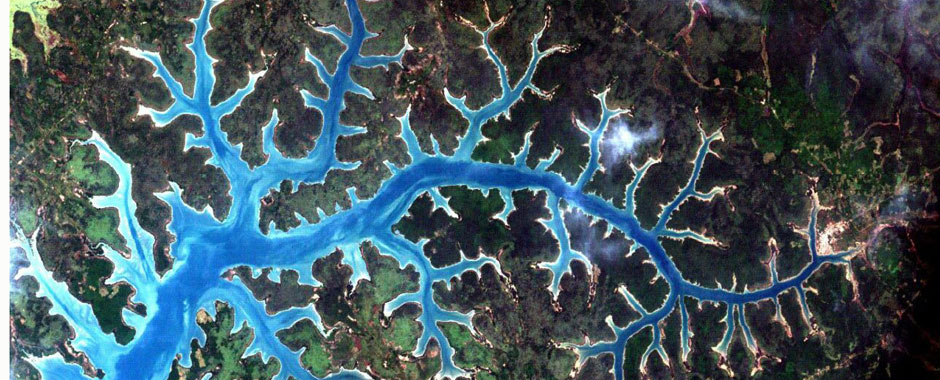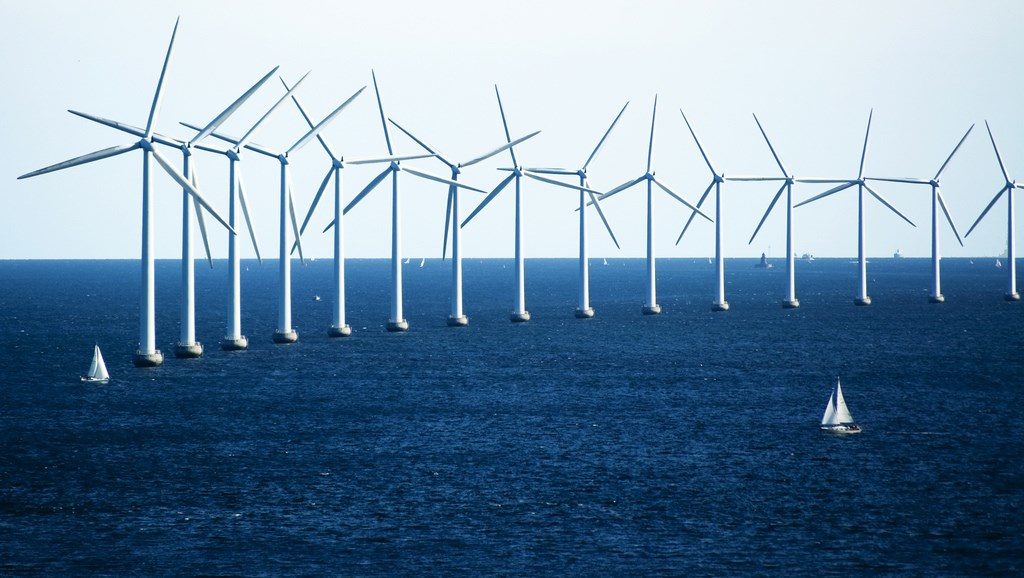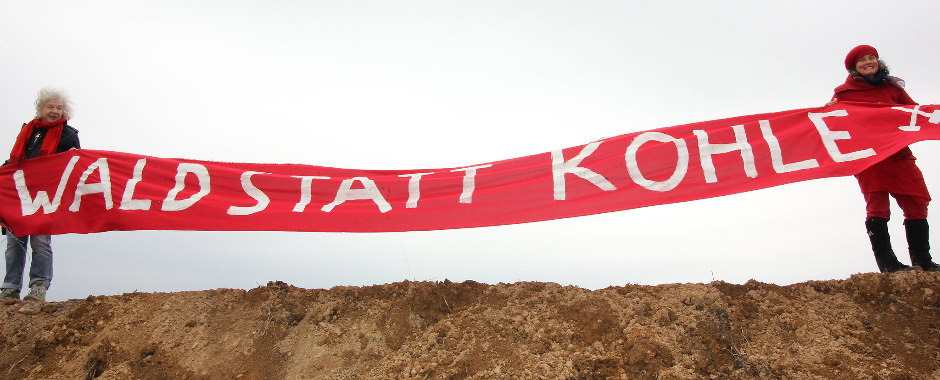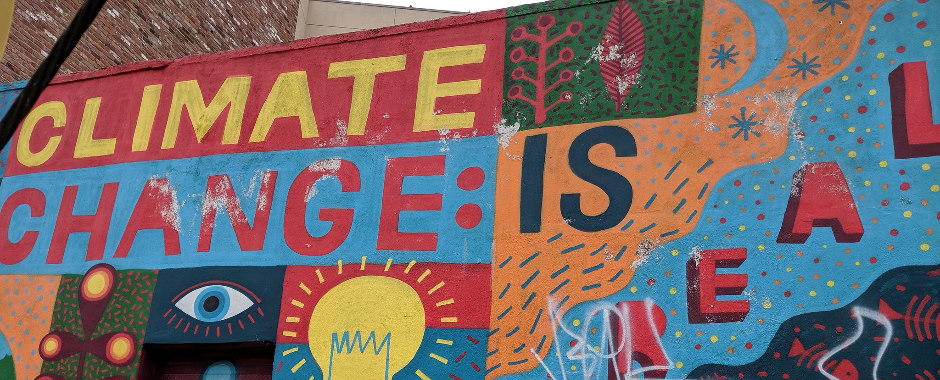by Saurabh Arora and Andy Stirling We are very grateful to Timothée Parrique for engaging so thoughtfully with our essay on ‘degrowth and the pluriverse: continued coloniality or intercultural revolution’?…
Is Degrowth already colonial?
Degrowth and the pluriverse: continued coloniality or intercultural revolution?
by Saurabh Arora and Andy Stirling UPDATE – 12 May 2021: Timothée Parrique, researcher and author on degrowth, has posted a response to this essay on his website. “And then…
To meet the Sustainable Development Goals, we must transform innovation
By Saurabh Arora and Andy Stirling This blogpost is republished from STRINGS (Steering Research and Innovation for Global Goals). In 1925, Mahatma Gandhi famously included ‘science without humanity’ and ‘knowledge…
The STEPS Centre’s final year: reflections on a 15-year journey
by Ian Scoones and Andy Stirling, STEPS co-directors 2021 is the final year of the ESRC STEPS Centre. Established in 2006, but with an even longer backstory, we have come…
Don’t save ‘the world’ – embrace a pluriverse!
by Saurabh Arora and Andy Stirling The United Nations is 75 years old on 24 October 2020. It’s an unfortunate year to be reaching this milestone. Apart from global pandemic…
Nuclear vs renewables: what’s better for climate mitigation?
This is an adapted version of a Nature.com blog by Prof Benjamin K. Sovacool and Prof Andy Stirling, to accompany the publication of their paper “Differences in carbon emissions reduction…
Thriving in an ever-changing world: from technocratic control to emancipatory care?
This is the fourth and last in a series of blog posts on the climate by STEPS co-director Andy Stirling, under the heading: ‘Controlling a stable planetary climate – or…
Betraying the climate? Has environmentalism succumbed to a modernity it hitherto resisted?
This is the third in a series of four blog posts on the climate by STEPS co-director Andy Stirling, under the heading: ‘Controlling a stable planetary climate – or caring…
Does the delusion of ‘climate control’ do more harm than good to climate disruption?
This is the second in a series of four blog posts on the climate by STEPS co-director Andy Stirling, under the heading: ‘Controlling a stable planetary climate – or caring…
Is the naming of ‘climate change’ a dangerous self-defeat?
This is the first in a series of four blog posts on the climate by STEPS co-director Andy Stirling, under the heading: ‘Controlling a stable planetary climate – or caring…









